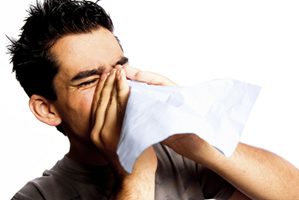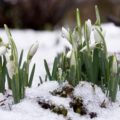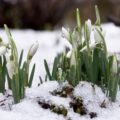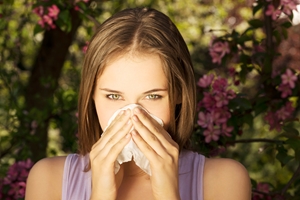
Many parts of the United States experienced an uncharacteristically harsh winter this year, so the comparatively mild spring weather that has descended over the past few weeks has been a welcome respite from the snow and the cold. However, experts say that the effects of the freezing weather and the lingering signs of winter may lead to a worse-than-usual spring allergy season.
According to ABC News, there was a large amount of tree growth this past winter resulting from all the wetness, meaning pollen may be even more ubiquitous this spring than it has been in year's past. Furthermore, the erratic weather patterns could lead to a delay in the spring allergy season, with pollen peaking later in the spring than usual.
"[Trees] need to experience a certain amount of heat over a certain period before they will start flowering, so if it stays colder in the spring it will be later when they reach the threshold," Kate Weinberger, a Ph.D. candidate in Environmental Health Sciences at Mailman School of Public Health in Columbia University, said in an interview with the news outlet. "People are speculating that everything is going to show up all at once [as the plants flower] in the warm temperatures."
If you suffer from seasonal allergies, there's still time to get ahead of your symptoms. Consider scheduling an appointment with your doctor so that you can take a proactive approach to managing your allergies. Additionally, you may want to purchase some of the allergy control products from the Allergy Be Gone website, such as allergenic bedding and an allergen air purifier.









